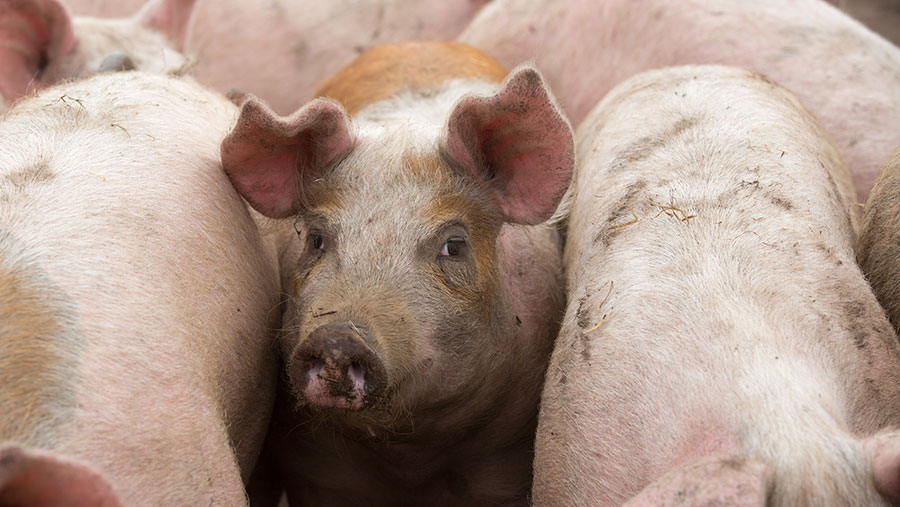Government failing on food and farm labour crisis, say MPs
 © Tim Scrivener
© Tim Scrivener The UK’s food and farming industry faces permanent shrinkage unless the government acts quickly to address the acute labour shortage, a cross-party group of MPs has warned.
In a scathing report, the Commons’ Environment, Food and Rural Affairs (Efra) committee criticised the government for failing to address staffing shortages in the industry, caused by Brexit and accentuated by the Covid-19 pandemic.
Without fundamental change, the food and farming industry is facing a chain reaction of wage rises, leading to price increases, food production being exported abroad and the UK becoming more dependent on imports, the report warns.
See also: Dairy recruitment tool aims to help farmers find staff
In August 2021, there were an estimated 500,000 vacancies out of 4.1 million roles in the food and farming sector, according to advisory firm Grant Thornton UK.
The committee has been left frustrated by the “reluctance” of government to engage with the industry over labour shortages. Ministers failed to understand the issues and even sought to pass the blame onto the sector, it added.
The labour shortage in 2021 took a toll on food security, the welfare of animals, and the mental health of those who work in the industry, MPs report.
The pig industry was hit very badly, with a backlog of more than 150,000 animals on farms and around 35,000 healthy pigs culled due to a lack of skilled butchers and abattoir workers to process them.
Visa complexities
The MPs’ report – Labour shortages in the food and farming sector – urges government to review the Skilled Workers Visa scheme, including the English language requirement and the complexity and costs involved in a visa application.
Defra secretary George Eustice should also use the department’s powers under the Agriculture Act 2020 to provide direct support to pig farmers, urged MPs.
Efra committee chairman Neil Parish said: “In 2021, farmers faced an extraordinary situation – crops were left to rot in the fields and healthy pigs were culled due to a lack of workers.
“This has serious implications for the wellbeing of the people who put food on our tables today and in the future. The government’s attitude to the plight of food and farming workers was particularly disappointing.”
SWP expansion needed
The committee said government must build on its expansion of the Seasonal Workers Pilot scheme to the ornamentals sector and increase the number of visas available by 10,000 this year, make the scheme permanent and reduce the stringent English language requirement for skilled workers.
It must also develop a long-term labour strategy that combines new technology with attractive education and vocational training packages to entice British-based workers, so reducing the sector’s dependence on overseas labour, the report says.
Commenting on the report, Zoe Davies, chief executive of the National Pig Association, said the government must adopt its recommendations in full and the Home Office in particular must take the issue seriously.
“Ministers need to stop arguing that labour shortages are not a problem, stop deflecting the blame onto the industry, sit down with us to understand the problems and work together to find solutions.”
Government response
A government spokesperson said: “We have given the industry greater certainty by enabling the seasonal workers scheme until the end of 2024, allowing overseas workers to come to the UK for up to six months to work in the horticulture sector.
“Our new points-based immigration system also expanded the skilled worker route to many more occupations, including butchers, who can now be recruited from anywhere in the world.”
